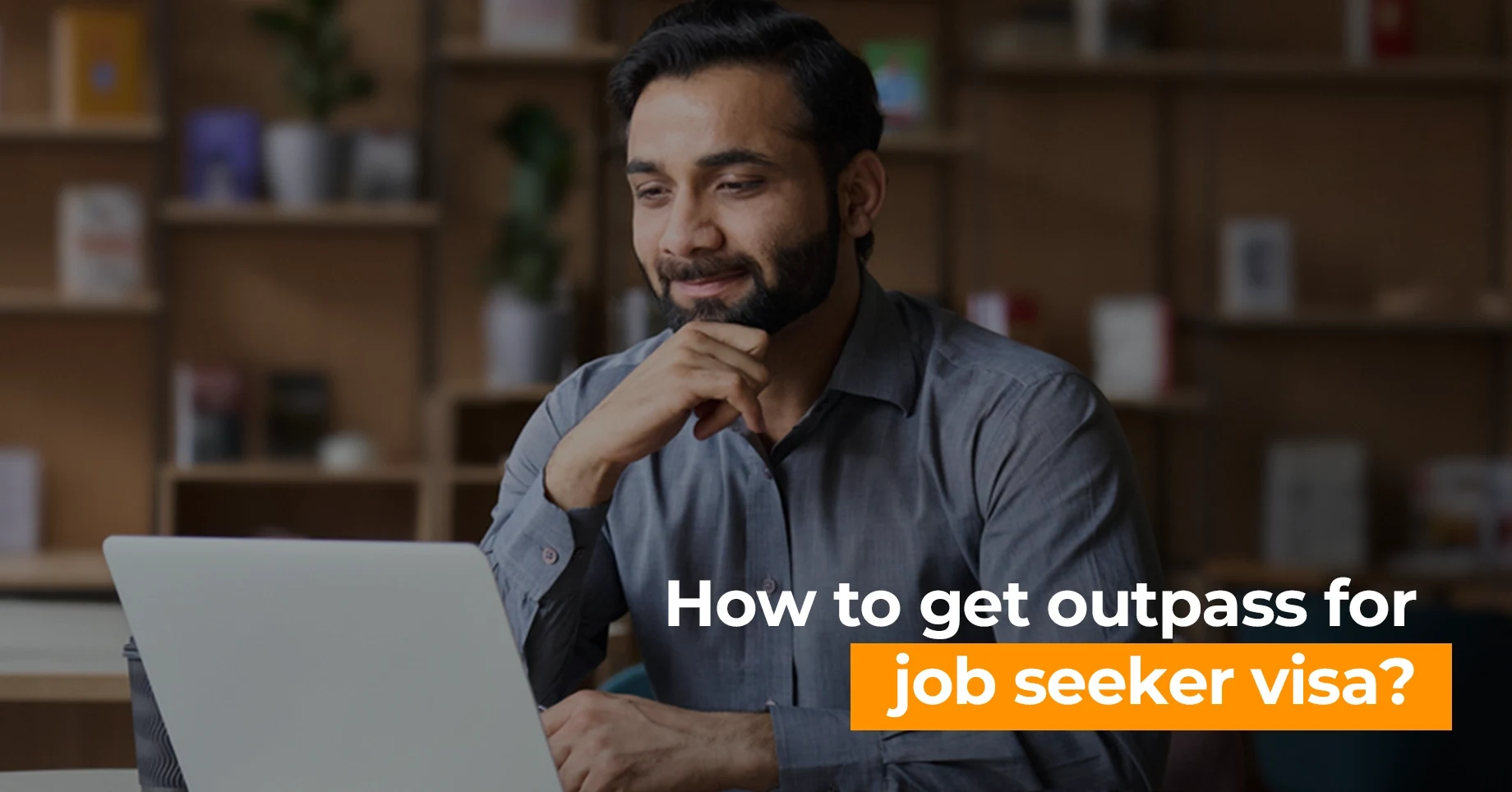Embarking on a career journey in the United Arab Emirates (UAE) is full of promise and complexity. For those navigating this vibrant and competitive job market, understanding the array of visa and permit options is critical. Among these, the Job Seeker visa stands out as a pivotal tool for individuals eager to explore employment prospects in the UAE. In 2024, securing a UAE job Seeker visa can open doors to new career opportunities in one of the world's most dynamic job markets.
What is a Job Seeker Visa?
The Job Seeker visa is a specialized, short-term visa tailored for individuals wishing to remain in the UAE while actively seeking employment. Unlike traditional employment visas, this permit allows job seekers to reside in the UAE legally without holding a specific employment contract. It's an invaluable asset for those looking to immerse themselves in the local job market, attend interviews, and network with potential employers.
Eligibility Criteria
To qualify for the Job Seeker visa, applicants must satisfy several requirements:
-
Age Requirements: Applicants must be at least 18 years old, ensuring they are legally recognized as adults.
-
Qualifications: Although no specific degree is mandated, having relevant academic or professional credentials can significantly boost your application.
-
Financial Proof: You must demonstrate that you possess sufficient funds to support yourself during your stay, ensuring you can manage without immediate employment.
-
Health Insurance: Valid health insurance coverage is typically required to safeguard your well-being during your stay.
How to Apply for a Job Seeker Visa
Navigating the application process for a Job Seeker visa involves several crucial steps:
-
Gather Necessary Documents
-
A passport is valid for at least six months.
-
Recent passport-sized photographs.
-
Proof of educational qualifications or professional experience.
-
Health insurance documents.
-
Bank statements or other forms of financial proof demonstrating self-sufficiency.
-
-
Submit the visa Application
-
Applications can be submitted online through UAE government portals or at designated immigration offices.
-
Complete the visa application form with precise personal and professional details.
-
Upload or submit the required documents.
-
Pay the relevant visa fees associated with the application.
-
-
Wait for Approval
-
Processing times can fluctuate, so it’s advisable to apply well in advance of your intended travel date.
-
Upon approval, the job Seeker visa will be issued, usually valid for three to six months.
-
Benefits of a Job Seeker Visa
The job Seeker visa provides several distinct advantages:
-
Legal Stay: It ensures you remain in the UAE legally while job hunting, circumventing the need for frequent exits and re-entries on tourist visas.
-
Flexibility: This visa grants you the flexibility to explore a range of job opportunities across various industries.
-
Networking Opportunities: Being in the UAE allows you to participate in interviews, job fairs, and networking events, significantly enhancing your job search.
Key Considerations
While the job Seeker visa is beneficial, there are several important factors to keep in mind:
-
Time Limit: The visa is temporary. If you do not secure employment within the visa’s validity period, you must either leave the UAE or face potential penalties.
-
Conversion to Employment Visa: Upon securing a job, your employer must sponsor you for a work visa. Ensure that your prospective employer is prepared to provide this sponsorship.
FAQs
Q1: What is the process to obtain a Job Seeker visa in the UAE?
To obtain a Job Seeker visa, you must gather the required documents, submit an visa application online or at an immigration office, and pay the applicable fees. Following submission, you will need to await approval.
Q2: How to file a visa application for the UAE Job Seeker visa?
To apply, complete the necessary form, provide required documents such as proof of qualifications and health insurance, and submit them via UAE government portals or at immigration offices.
Q3: What is the visa removal fee?
The visa removal fee can vary based on specific cases and administrative requirements. It’s advisable to check the current fee structure on official UAE government websites or consult with immigration authorities.
Q4: How to remove a visa letter?
To remove a visa letter, you must provide evidence that the report was filed in error or resolve any outstanding issues related to the situation. This may involve paying fines or legal fees.
Q5: Can a visa letter be extended if I don’t find a job within the validity period?
Extensions for the visa letter are generally not permitted. If you do not secure employment within the validity period, you must exit the UAE or face potential penalties.
Q6: Can a visa letter be obtained after resignation?
Yes, if you have resigned from your previous job and are searching for new opportunities, obtaining a job Seeker visa can allow you to stay in the UAE while you look for new employment. This situation is often referred to as an absconding case after resignation.
Conclusion
The UAE Job Seekers Visa in 2024 represents a golden opportunity for those eager to explore career prospects in one of the world’s most vibrant job markets. By mastering the application process and understanding the requirements, you can leverage this visa to embark on a successful career journey in the UAE. Whether you’re a fresh graduate, a seasoned professional, or someone seeking a career shift, the job Seeker visa could very well be your gateway to a thriving job market.
For more information on the visa letter or application process, consulting with UAE immigration authorities or professional advisors is highly recommended to ensure that all procedures are correctly followed.
